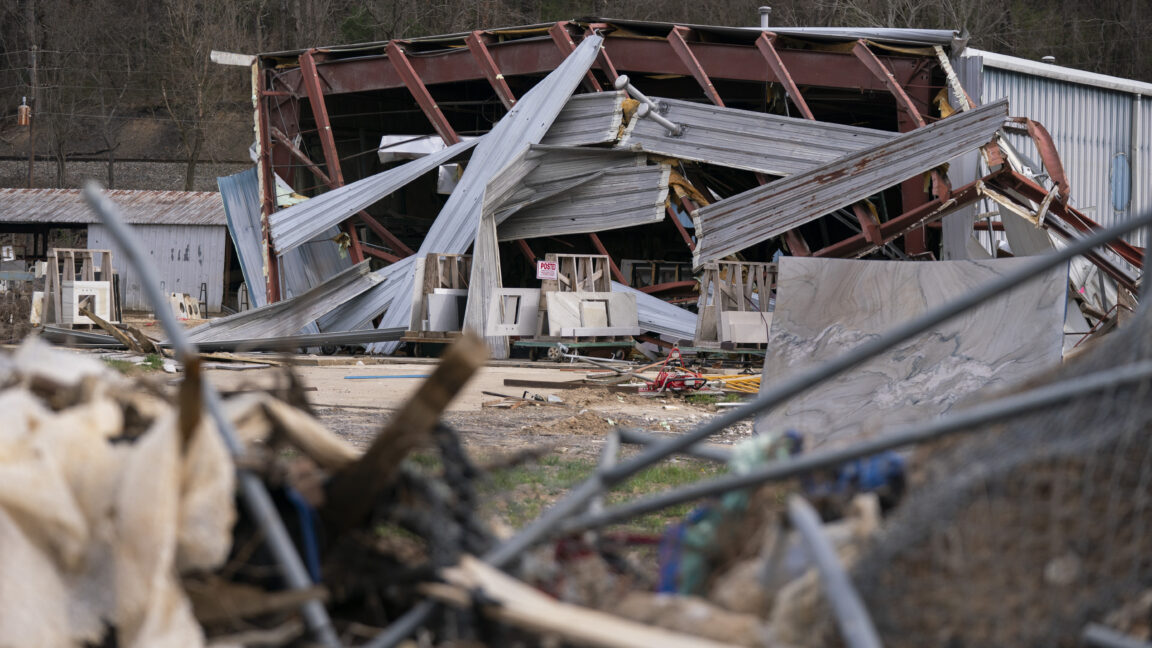Climate Change Exposes Vulnerabilities in America’s Medical Supply Chain

The devastation caused by Hurricane Helene in western North Carolina in September 2024 highlighted critical weaknesses in the United States’ healthcare infrastructure. Among the affected facilities was Baxter International’s North Cove manufacturing plant in Marion, responsible for producing approximately 60% of the country’s intravenous (IV) fluids. These sterile solutions are vital for a wide range of medical treatments, including hydration, medication administration, and kidney dialysis.
The shutdown of this major plant triggered immediate consequences across the healthcare system. Hospitals nationwide faced shortages of essential IV supplies, forcing them to ration resources, alter treatment protocols, and, in some cases, postpone or cancel surgeries. A recent survey revealed that over 86% of healthcare providers experienced disruptions due to the supply gap. In response, federal authorities eased import restrictions and extended expiration dates on certain medications to mitigate the crisis.
This incident underscores the fragility of America’s drug supply chain, which has become increasingly vulnerable to natural disasters and climate-related events. Just months prior to Hurricane Helene, the US was grappling with a record high of 323 ongoing drug shortages. Although these numbers have declined slightly, shortages remained significant in the first quarter of this year, with 253 active issues reported by the American Society of Health-System Pharmacists.
-
Teen Innovator Develops Rapid-Action Plant-Based Gel Saving Lives in Emergency Situations

- SteelSeries Arctis Nova Pro Wireless Review: Premium Sound, ANC, and Infinite Battery Swaps
- How Blockchain Protects User Identities: Cryptographic Techniques, Pseudonymity, Zero-Knowledge Proofs, and Off-Chain Solutions
-
The Robeta Ananya: A Luxury Camper Van That Redefines Mobile Living

The increasing frequency and severity of climate events pose a growing threat to the stability of critical medical supplies, emphasizing the need for more resilient and diversified supply chains to ensure healthcare continuity in the face of climate change.
